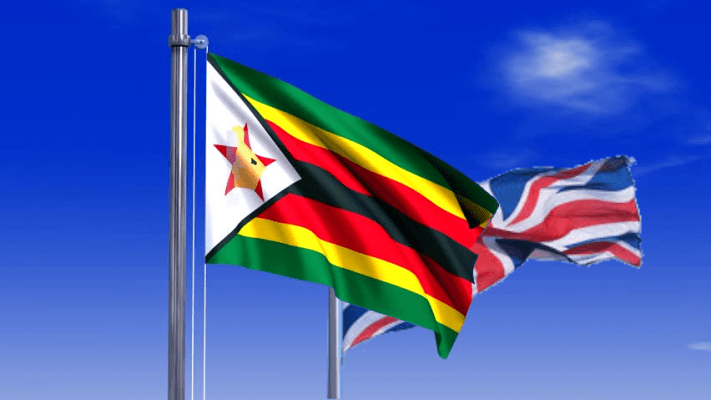London investors eye health, education sector
MEMBERS of the Westminster Africa Business Group are interested in exploring possibilities of doing business in Zimbabwe in areas such as health, education, construction and energy, group chairman, Mr Laurence Robertson, a United Kingdom Conservative Member of Parliament, said yesterday.
He spoke after meeting a Zimbabwean delegation visiting the UK led by Foreign Affairs and International Trade Minister Ambassador Frederick Shava and Finance and Economic Development Minister Professor Mthuli Ncube in London.
The thawing of relations between Zimbabwe and Britain and resulting growth in trade could further give impetus to Zimbabwe’s engagement and re-engagement drive.
Zimbabwe’s differences with key international blocs like the European Union are largely as a result of its differences with the UK.
Under the Second Republic, Britain and Zimbabwe have signed an economic partnership agreement as relations between the two countries are appearing to improve following President Mnangagwa’s mantra of being a friend to everyone and enemy to none.
Speaking to the media after meeting the Zimbabwean delegation, Mr Robertson said the engagement was progressive and the business group he chairs, which was formed to bring together businesses and politicians seeking improved relations between Britain and Africa, was looking forward to sending a team to Zimbabwe on a feasibility study.
“The meeting discussed business opportunities in Zimbabwe to see the sort of things they provide. Quite a wide variety of facilities and services they provide. We had a discussion on what we can do to help.
“We had a discussion about the politics in Zimbabwe. (We are) very pleased to meet them,” he said.
“We are approaching the new era, where we have to rebuild relations. Certainly in the UK we are very keen to do that; in Zimbabwe they will be keen to do that. It is all about improving the standard of living of people.
“There is still some way to go, but we are making very good progress. So much can be achieved by trade, so much can be improved by trade.”
Mr Robertson said UK businesses were interested in areas such as education, health, energy and construction among other things.
“We have got a number of businesses we will be interested in visiting in Zimbabwe and increasing the trade, and giving opportunities for Zimbabweans to become better off.”
Ambassador Shava spoke to the group about what the Second Republic was doing, including its quest to walk the reform agenda.
“My Government, without any budgetary support from the likes of the IMF, World Bank or the African Development Bank, embarked on extensive political, electoral and economic reforms targeted at creating a stable, inclusive political and macro-economic environment for all Zimbabweans.”
On political and legislative reforms, Ambassador Shava said the Second Republic has fast-tracked the alignment of legislation to the Constitution at an unprecedented rate.
Since 2015, 149 out of the 183 existing statutes which are required to be aligned to the Constitution have been aligned and of the 19 new statutes required by the Constitution to be enacted, 15 have since been passed by Parliament.
The major highlight of the alignment process concerning civil and political rights was the repeal of the Public Order and Security Act (POSA) and the Access to Information and Protection of Privacy Act (AIPPA),” said Ambassador Shava.
Turning to the financial sector, Ambassador Shava said in September 2018, the Government launched the Transitional Stabilisation Programme (TSP), an ambitious two-year programme anchored on sweeping economic and other reforms, designed to stabilise the economy and to lay a solid base for sustainable economic growth thereafter.
“The programme focused on stabilising the macroeconomy, and the financial sector; introducing necessary policy and institutional reforms to transform it into a private sector-led economy and driver of economic growth,” he said.
Then as anticipated in the TSP, the Government launched the National Development Strategy 1 (NDS1) 2021-2025 in November 2021.
“The NDS1 is the successor to the TSP and is the first 5-year medium term plan aimed at realising the country’s Vision 2030.
“The strategy is poised to build on the successes realised by the TSP as well as address its challenges, particularly the unfinished efforts in the area of macroeconomic stability and growth,” Ambassador Shava said.
Despite the Covid-19 pandemic and successive droughts, among other economic shocks, the Government has instituted numerous initiatives to bring macro-economic stability. These include macro-economic policies anchored on strong policy support, fiscal consolidation, stable prices and provision of a conducive tax environment. A prudent macro-economic climate has fostered a predictable business environment.-The Herald








